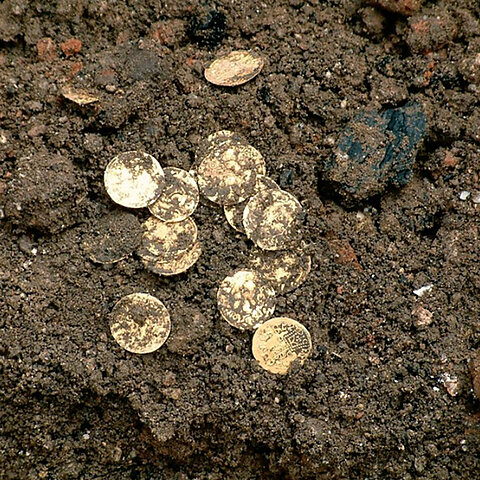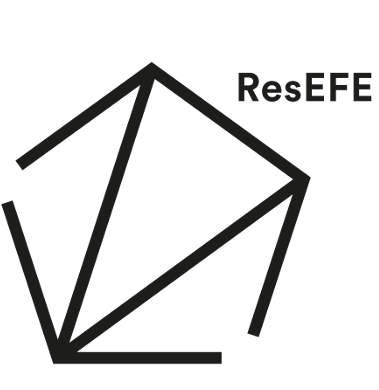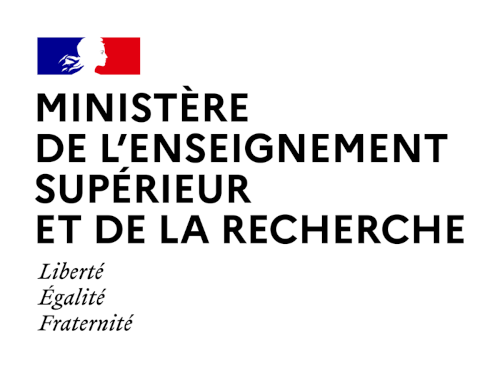COORD. : Antony HOSTEIN (École Pratique des Hautes Études/PSL), Ruth PLIEGO (Universidad de Sevilla), Laurent CALLEGARIN (Université de Pau et des Pays de l’Adour)
ORG. : École des hautes études hispaniques et ibériques (Casa de Velázquez, Madrid), École française de Rome, École Pratique des Hautes Études-PSL/Centre AnHiMA (UMR 8210), Facultad de Geografía e Historia / Universidad de Sevilla
COLL. : Museo Histórico Municipal de Écija, Université de Pau et des Pays de l’Adour
Dates: 2 to 5 October 2023
VENUES
- Museo Histórico Municipal de Écija (Écija, Sevilla)
- Universidad de Sevilla (Facultad de Geografía e Historia)
SELECTED APPLICANTS: 20
CALL FOR APPLICATIONS IS CLOSED
PRESENTATION
In the last thirty years, and in contrast to previous periods, Archaeology has increased its efforts to recover coins from excavations, either individually or in the form of hoards. This increase in the number of specimens to be studied is transforming the traditional consideration of coins from a mere chronological item to an integral part of the archaeological record.
The task of identifying and cataloguing coins, carried out by numismatists, has been enriched by the fundamental importance of the archaeological context in the interpretation of these pieces. At the same time, the discipline of Numismatics has also undergone transformations in the recent years, within the framework of the Digital Humanities.
Throughout Europe, large-scale projects are enhanced to develop monetary collections databases -including treasures and isolated coins found in excavations- and, in many cases, to upload them online. The aim is not simply to date coins, but to understand the context of discovery, the circulation of coins, the dissemination and particular use of certain coins, metalworking and minting techniques, the interpretation of the spatial or chronological distribution of coins in a determined location, the social uses of coins, hoarding practices or non-monetary uses of coins, such as foundation or burial deposits. This broad study has come to be known as archaeo-numismatics.
Geographically, our interest is limited to the central and western Mediterranean, as well as the Atlantic coast of Europe and northwestern Africa.
The chronological framework extends from the first millennium BC to the 7th century AD.
This workshop is particularly aimed at Master's students and PhD candidates in Archaeology or Ancient History from universities or research centres in Europe and the Maghreb. The aim is to provide training in archaeo-numismatics, while creating a space for the exchange of experiences and the analysis of practices and methodologies in the different research traditions.
In this way, each participant will have the opportunity to be actively involved in the exchange of information, by presenting his or her doctoral research topic in relation to the theme of the workshop, and by contributing their point of view to the collective reflection.
MENTORS
-
Laurent Callegarin
Université de Pau et des Pays de l’Adour -
Jean-Patrick Duchemin
Université de Lille -
Sergio García-Dils
UNED, archaeologist conjunto de Écija -
Vincent Geneviève
INRAP -
Manuel Gozalbes
Museo de Prehistoria de Valencia -
Cristina Guerrero López
Museo Nacional de Antropología -
Giacomo Pardini
Università degli Studi di Salerno -
Ludovic Trommenschlager
BnF (Paris)
PRACTICAL CONDITIONS
Sessions will take place at the Municipal Historical Museum of Ecija and at the Faculty of Geography and History of the University of Seville.
The workshop will be attended by 20 PhD students selected among the applicants on the basis of the quality of their doctoral projects and the link between their projects and the theme of the workshop.
There are no inscriptions fees.
The organisers will accomodate all selected applicants from 1 to 6 October 2023 (5 nights) and will provide breakfast and meals for those who request it.
Participants are responsible for their own travel expenses to the event, except for students from Maghreb countries who request it.
Candidates may apply via the online form until 5 June 2023 (5 p.m., Madrid time).
Acceptance or refusal will be communicated by email from 15 June.
Languages of the workshop: English, French, Italian, Spanish and Italian, although the graphic presentations must all be in English.














